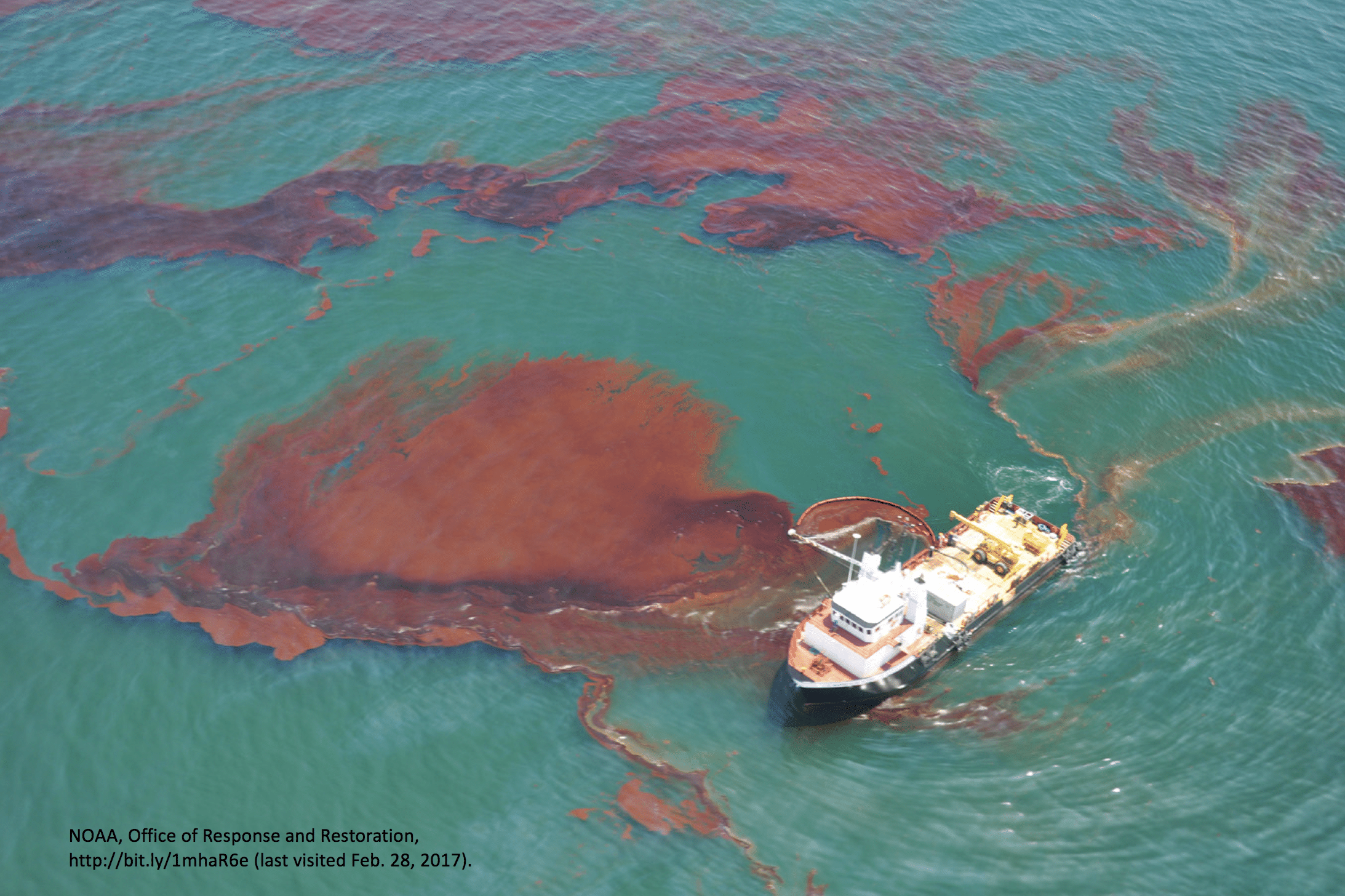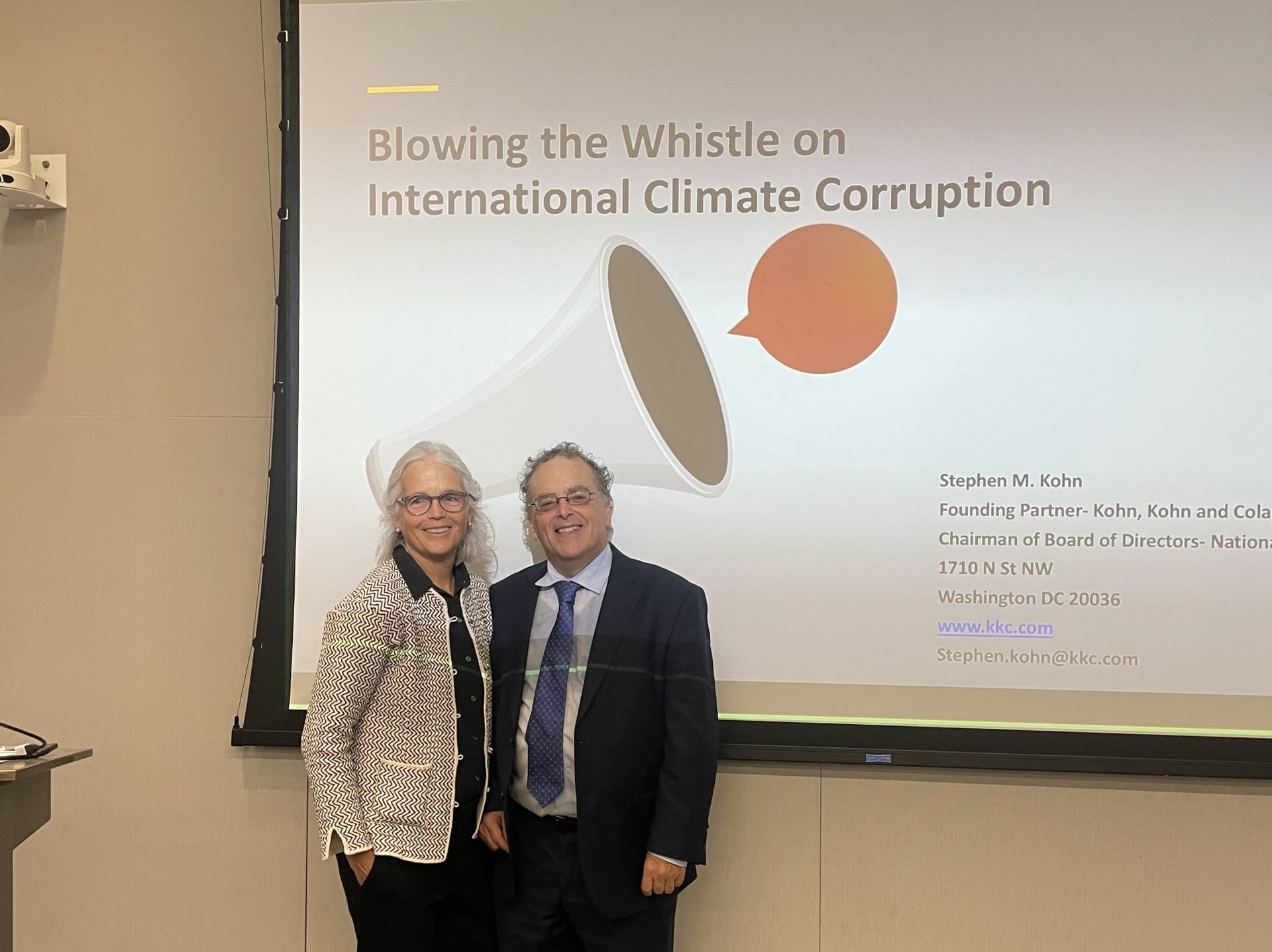We represent wildlife and environmental crime whistleblowers from all over the globe who report violations of various U.S. laws, and who file for monetary rewards.
Kohn, Kohn and Colapinto’s whistleblower attorneys have experience using whistleblower reward laws to address environmental crimes. Laws such as the False Claims Act, the Commodity Exchange Act, and Foreign Corrupt Practices Act have whistleblower provisions that can be used to combat criminal activity related to environmental crimes, including illegal fishing, illegal logging, and wildlife trafficking.
For example, illegal logging in a rain forest in Asia or South America can trigger violations of U.S. law. The False Claims Act, that has very strong qui tam whistleblower reward provisions, covers false statements on import or customs forms. It is typical that customs forms are falsified when lumber or fish harvested in violation of environmental laws are imported into the United States.
The major wildlife trafficking laws also have reward provisions, including the Endangered Species Act, have reward provisions. Unlike the False Claims Act and similar reward laws, the Endangered Species Act reward law is discretionary. However, as explained in the groundbreaking article by our partner Stephen Kohn, “Monetary Rewards for Wildlife Whistleblowers: A Game-Changer in Wildlife Trafficking Detection and Deterrence,” these laws can be used to reward whistleblowers.
Another law available to environmental whistleblowers is the Act to Prevent Pollution from Ships (APPS). The APPS incentivizes the reporting of pollution on the high seas. The law has transnational jurisdiction and numerous non-U.S. citizens have obtained rewards. Under the APPS federal court judges can award whistleblowers up to 50% of sanctions obtained when a seaman’s disclosures result in the successful prosecution of an ocean pollution case.
As set forth in the index of cases complied under the APPS, whistleblowers from numerous countries have obtained over $30 million in awards for reporting the illegal discharge of oil.

“The availability of the award aptly reflects the realities of life at sea…A monetary award both rewards the crew member for taking that risk and may provide an incentive for other crew members on other vessels to alert inspectors and investigators regarding similar crimes.”






